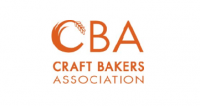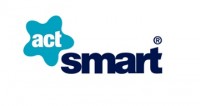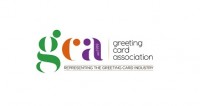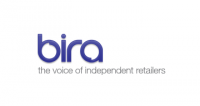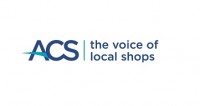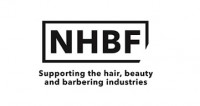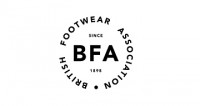Local Bike Shop Day 2020 new date confirmed as Saturday 5th September
Posted on in Business News, Cycles News
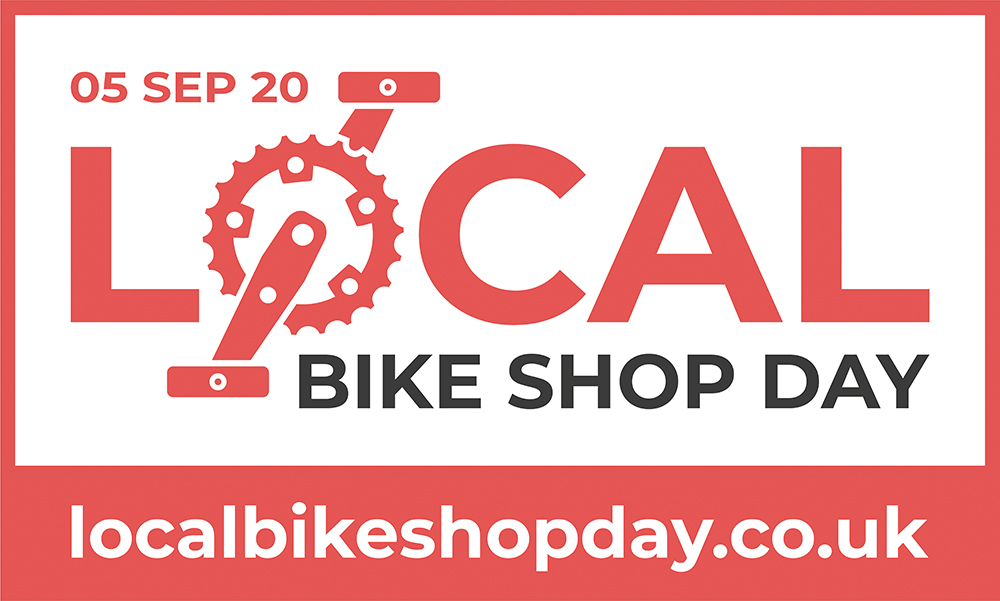 have so far seen the cycling industry get shaken up like never before. Initially the announcement of a nation-wide lockdown invoked worry upon the industry: it was uncertain as to whether bicycle shops would fall into the ‘essential retailers' category announced by the Prime Minister on the 23rd March. However, since then the lockdown has proven just how ‘essential' bicycle retailers are.
have so far seen the cycling industry get shaken up like never before. Initially the announcement of a nation-wide lockdown invoked worry upon the industry: it was uncertain as to whether bicycle shops would fall into the ‘essential retailers' category announced by the Prime Minister on the 23rd March. However, since then the lockdown has proven just how ‘essential' bicycle retailers are.
Local Bike Shop Day 2020 participating retailers poll
A poll among participating retailers of Local Bike Shop Day has confirmed a new date to celebrate bike shops across the nation.
Following the recent possible postponement survey that took place in March there was an overwhelming vote (94%) in favour of deferring the day to a later date than the originally planned 2nd May. The two most popular postponement months among participating retailers proved to be September (43% of votes) and October (16% of votes).
Participating retailers were then asked their opinion as to what specific date in September or October would be most preferable for them as a cycling retailer and key member of the industry.
Feedback that the ACT have attained from retailers over previous years has proved Saturday to be a popular day for the event to occur, as it enables more customers to be able to get out and visit their local bike shops. With this in mind, retailers partaking in the Local Bike Shop Day 2020 New Date survey were given 9 dates to choose from- each Saturday in September and October.
The most popular date chosen was Saturday 5th September, with 30% of the total vote. Reasons behind retailers favouring this date over others included it being the start of the new school term, normality being likely to have restored by then and the weather generally still being pleasant in September.
The second most popular dates were Saturday 26th September and Saturday 12th September, each receiving 22% of votes. As Local Bike Shop Day is a day for the trade, the majority voted for date is the one that will be going ahead.
With this in mind, it is hard to predict the state in which retail will be operating by September 2020 due to the ongoing situation with COVID-19. If in the case that we are forced to cancel this year's Local Bike Shop Day, we may then have to wait until 2021 for another viable date. In the meantime we will be going ahead with new date with every intention of making it a success.
Local Bike Shop Day 2020 to be ‘bigger and better than ever'
Following this current cycling-industry-high, all signs are pointing towards this year being highly successful for cycling retailers across the country. However, the ACT want to ensure that much of this success is reflected directly in the footfall and profits of the IBD, something that can be very much encouraged on the 5th September.
This new date ties in perfectly with kids returning to school, giving parents the perfect incentive to equip their children with a set of wheels for the school year. Child cycling has long-since been a lost sector to the IBD, but with the help of Local Bike Shop Day uniting bike shops, suppliers and customers alike we can motivate a return of shopping for children's bikes at local bike shops.
The ACT have worked hard over the last few years to make Local Bike Shop Day a success for bike shops across the country. This has included implementing campaigns, investing in promotional materials and partnering with a number of supporting organisations, all of which has been done to benefit IBDs and spread the word of this day to as many customers and potential customers as possible.
We are now committed towards making the new Local Bike Shop Day 2020 date of Saturday 5th September bigger and better than ever! Retailers are still able to sign up for the postponed date on the Local Bike Shop Day website here.
Useful links
If you have any other queries please contact us.


